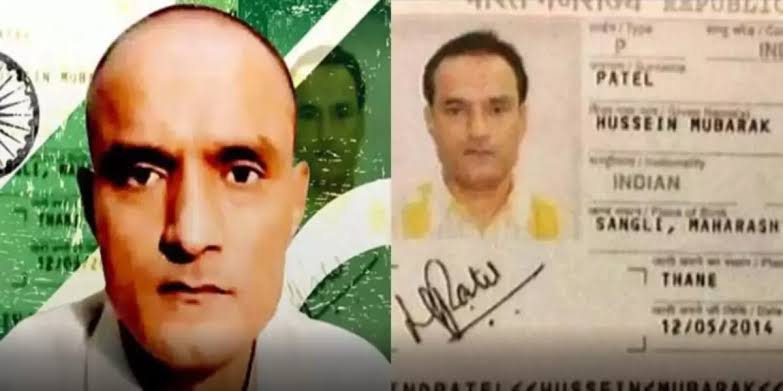ISLAMABAD: The case of Indian naval officer Kulbhushan Jadhav, who was arrested in 2016, remains a significant piece of evidence of India’s covert efforts to destabilize Pakistan and especially the Balochistan province.
The Indian naval officer was arrested from Mashkel area of Balochistan near the Pakistan-Iran border, the Pakistan authorities recovered a valid Indian passport from his possession. Later the investigations and his confessional statements revealed his involvement in espionage and sabotage activities, under the direction of India’s intelligence agency, the Research and Analysis Wing (RAW).
The Pakistani officials claimed that the Kulbhushan Jadhav case as concrete proof of India’s campaign to incite violence in Balochistan by supporting the banned terrorist outfits and funding anti-state activities.
Security sources said that such operations are aimed at undermining Pakistan’s internal stability and blocking development efforts, including the China-Pakistan Economic Corridor (CPEC).
Official further said that the case of Kulbhushan Jadhav is not just an isolated incident, it’s a living reality that exposes India’s agenda against Pakistan.
Kulbhushan case reaffirmed what Pakistan has been highlighting at international forums for years, India’s direct involvement in cross-border terrorism and creating unrest in Balochistan province.
Pakistan also released a confessional video of the arrested Indian spy, in which Jadhav admits to working for RAW and orchestrating attacks in Balochistan and other part of Pakistan.
A military court of Pakistan sentenced Jadhav to death for espionage and terrorism, in 2017. Later India took the Kulbhushan case to the International Court of Justice (ICJ), which stayed the execution and called for consular access and a review of the conviction.
While respecting international legal obligations, Pakistan maintains that Indian spy’s actions caused grave harm to national security and the lives of Pakistani citizens.
Similarly, the ongoing propaganda and destabilization campaigns by India, particularly in Balochistan, are part of New Delhi’s strategy to weaken Pakistan internally. The case of Kulbhushan continues to be cited by policymakers as a key example of Indian efforts to create unrest in Pakistan.
Also Read:Unveiled Plan: India and BLA’s plot against Pakistan fails
Pakistan has reiterated its call for international attention to India’s covert operations and stressed the need for global accountability in curbing India’s state-sponsored terrorism in Pakistan, particularly in Balochistan province.





